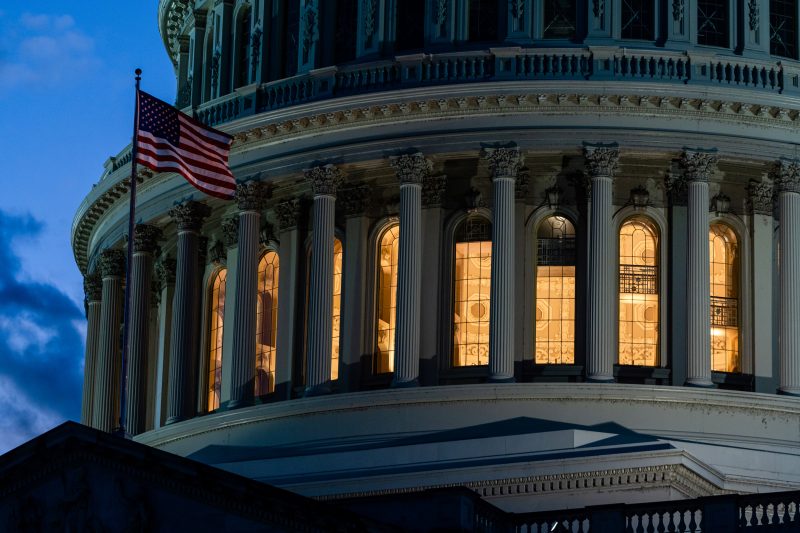In recent weeks, the federal government has been in a state of partial closure – a so-called “government shutdown” – due to a lack of agreement in Congress and among the White House over spending bills. As the shutdown continues, many questions are being asked, most especially whether it will have a major damaging effect on the economy.
Recent government shutdowns have been relatively short in duration and have not caused significant economic disruption, but there are good reasons to worry a longer-term or more sustained closure could do more harm.
Analysts fear a sustained government shutdown lasting at least several weeks or more could have a pronounced impact on consumer and business confidence, resulting in stagnant growth and potential layoffs, which could further harm the fragile economic recovery. In particular, auto sales, housing, and services are at risk of being hit harder if the shutdown goes into the holidays.
Additionally, a longer-term shutdown would have a more serious effect on government services and programs, such as pay for federal employees, funding for small businesses, and benefits for the unemployed. These disruptions can cause “ripples” throughout the economy and have a depressing effect on consumer spending.
The good news is that the current government shutdown does no appear to be impacting the wider economy, as it is so far limited in its duration. But there is certainly cause for concern if the government closure continues for an extended period of time. If this should happen, further measures will likely be needed in order to protect the economy, such as help for affected businesses and workers from the government.
In any case, it is important that the political parties involved quickly reach an agreement to reopen the government. The sooner the better, in order to limit the economic risks associated with a prolonged shutdown.

